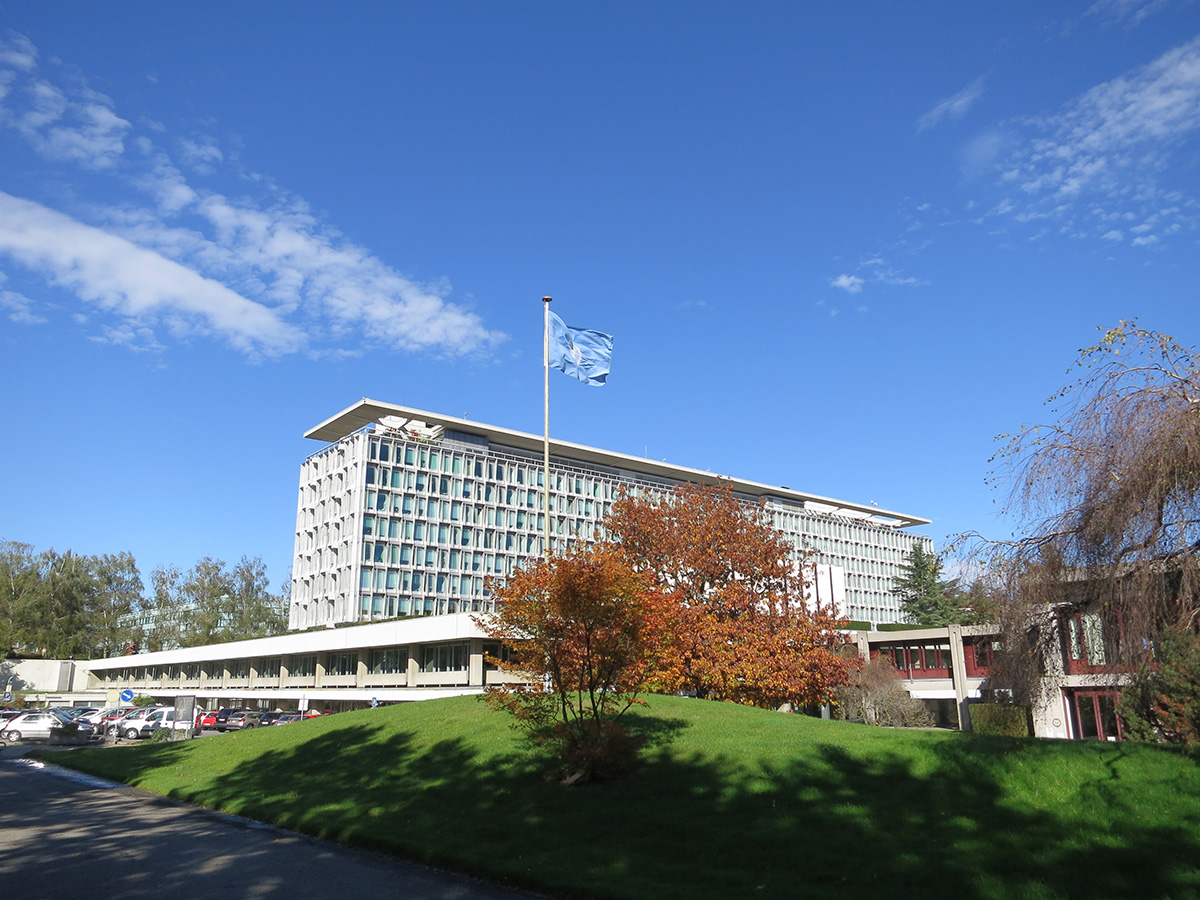Harvard-Led Panel Call for Reform at WHO in Wake of Ebola Crisis

Photo via Wikimedia Commons
Researchers from the Harvard Global Health Institute and more than a dozen other groups blasted the World Health Organization’s (WHO) response to the recent Ebola epidemic, which claimed more than 11,000 lives in West Africa and sickened nearly 30,000 more.
A panel of 19 experts released a paper this weekend in The Lancet in which they claimed that the outbreak “exposed WHO as unable to meet its responsibility for responding to such situations” and called for major reforms at the United Nations’ pubic health agency.
Ashish K. Jha, director of the Harvard Global Health Institute, said in a statement that the WHO’s “most egregious failure” was its initial delay in responding to early Ebola infections in Guinea, a nation that shares borders with Liberia and Sierra Leone. The three countries were the hardest hit by the outbreak.
“People at WHO were aware that there was an Ebola outbreak that was getting out of control by spring…and yet, it took until August to declare a public health emergency. The cost of the delay was enormous,” Jha said.
Clinicians from numerous Boston-based hospitals, including Boston Medical Center, Brigham and Women’s Hospital, and Partners in Health, responded to the Ebola outbreak. The Lancet paper, however, notes that the WHO failed to properly coordinate the international response and ignored early warnings from Doctors Without Borders about the “unprecedented scope of the outbreak.”
While the outbreak is considered to be over in Sierra Leone and Liberia, the WHO on Friday announced that a 10-year-old boy in Liberia and two of his relatives have been confirmed to have the virus. A WHO Ebola expert told the Washington Post that it’s likely the “boy’s case is not part of the original outbreak” and is due to the stubbornness of the virus. Guinea is in the final stage of monitoring before it can be declared free of Ebola.
The health systems in each country are reeling from the strain of the outbreak and decades of underinvestment, and the conditions of poverty that allowed Ebola to flourish in the first place persist. The Harvard-led panel provided a list of detailed recommendations aimed at reforming how the WHO responds to future crises and better preparing countries for other potential outbreaks.


